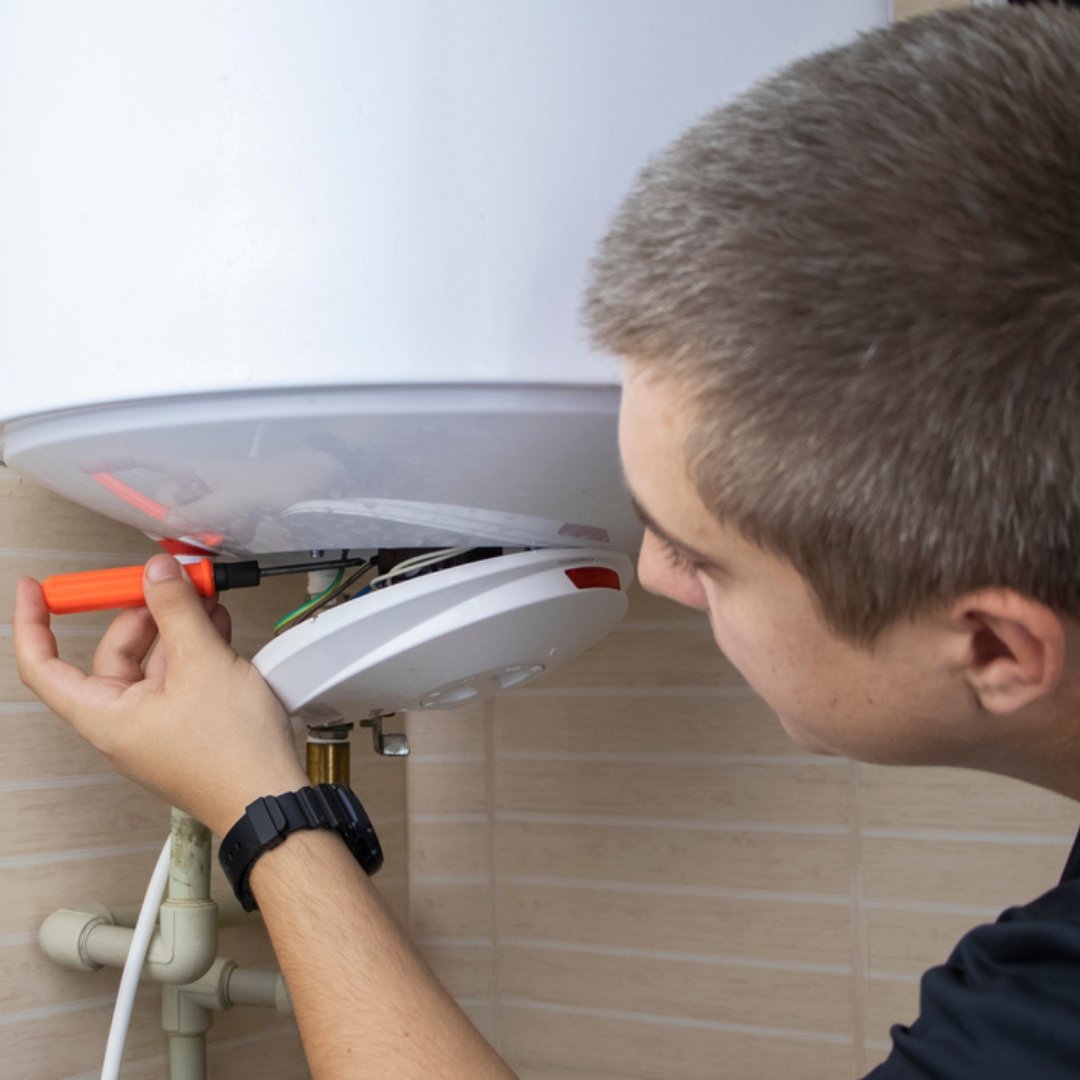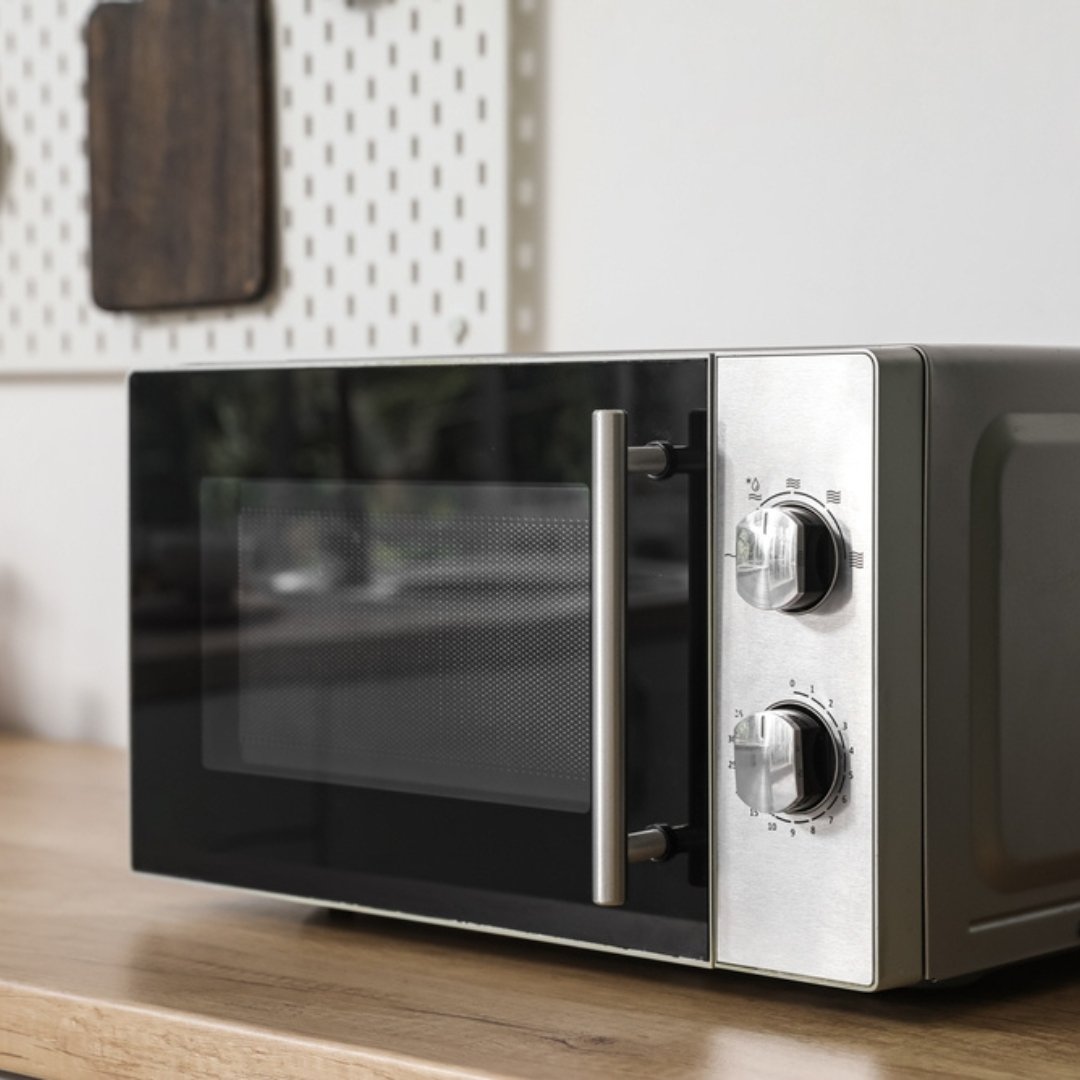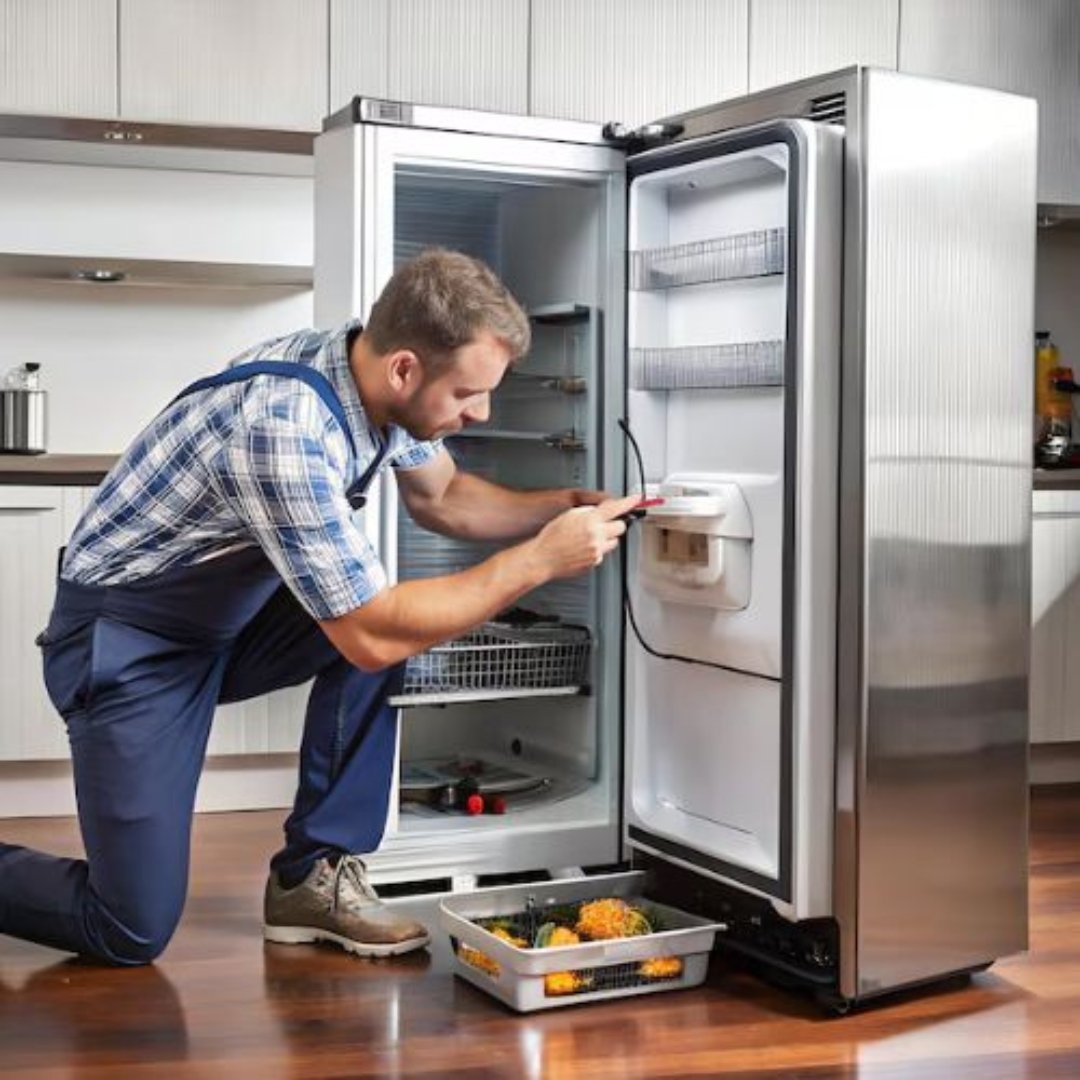Test & Tag vs Regular Electrical Inspection: What’s the Difference?
When it comes to electrical safety at home or in the workplace, you’ve likely encountered two important terms—Test & Tag and Regular Electrical Inspection. At first glance, they might sound similar, but they serve distinct purposes. Understanding how they differ is crucial for maintaining safety, ensuring compliance, and avoiding preventable risks.
At SafeTag, we offer both services with a focus on accuracy, professionalism, and peace of mind—so you never have to second-guess your safety setup. To Know More Click Here
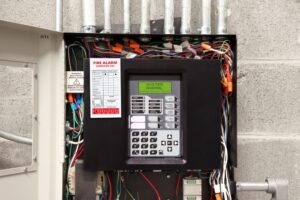
What Is Test & Tag?
Let’s begin with Test & Tag, a process that involves both visually inspecting and electrically testing portable appliances. Once an item passes the safety checks, it receives a tag that includes details like the test date, result, and next due date. This tag serves as a record and a visible confirmation of safety.
Why is it necessary?
Because electrical faults in portable appliances can cause electric shocks, equipment failure, or even fires—especially in busy work environments where gear is constantly plugged in, moved, and used by different people.
Common appliances that require testing include:
- Laptops, monitors, and desktop computers
- Kitchen appliances like kettles, toasters, and microwaves
- Power tools used in construction or maintenance
- Extension cords and multi-plug boards
How often should it be done?
The frequency depends on the type of environment. For instance, high-risk areas like construction sites may need testing every 3 months, while office environments can be tested annually.
In short, Test & Tag helps reduce immediate risk and keeps your equipment compliant with workplace safety regulations. To Know More Click Here

What Is a Regular Electrical Inspection?
On the other hand, a Regular Electrical Inspection offers a much broader assessment. Instead of just looking at portable equipment, this inspection evaluates your entire electrical system. That includes wiring, switchboards, fixed appliances, and outlets—essentially, everything built into the walls.
Why is it important?
Because even if your appliances are safe, hidden electrical faults in the infrastructure can still pose serious hazards. Over time, wiring deteriorates, moisture enters outlets, and systems fall out of compliance with evolving standards.
During an inspection, a licensed electrician will check:
- The condition of switchboards and circuit breakers
- Power points and light fittings
- Wiring systems and potential overloads
- Earthing, bonding, and surge protection systems
When should you get one?
Experts recommend a full electrical inspection every 3 to 5 years, or immediately if you’re buying/selling a property, renovating, or experiencing frequent power issues.
Simply put, this service goes beyond appliance safety—it ensures that your entire electrical infrastructure is up to code and functioning safely. To Know More Click Here

Key Differences Explained
Now that we’ve explored each service, let’s break down the key differences to help you decide what your home or workplace might need.
- Scope of Focus
- Test & Tag checks portable appliances individually.
- Electrical inspections cover the entire building’s wiring and system.
- Who Needs It
- Test & Tag is essential for workplaces where equipment is regularly used, moved, or shared.
- Regular inspections are crucial for homeowners, landlords, and business owners who want long-term electrical safety.
- Tools and Method
- Test & Tag uses appliance testing equipment to check insulation resistance, polarity, and earth continuity.
- Inspections involve visual checks and tools like multimeters and thermal imaging to identify hidden faults.
- Who Performs It
- A trained and competent person can carry out Test & Tag.
- Only a licensed electrician is qualified to perform full electrical inspections.
- Frequency
- Test & Tag is typically required every 3 to 12 months, depending on risk level.
- Electrical inspections should be scheduled every 3 to 5 years, or sooner if issues arise.
By understanding these differences, you can build a more complete and proactive safety plan. To Know More Click Here
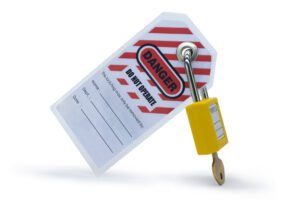
When Should You Use Each?
Both services have specific roles, and using them together can offer the best protection.
Use Test & Tag if:
- Your team frequently uses portable tools or appliances
- You’re operating in a high-risk environment like construction or workshops
- You need visible compliance records for audits or safety reviews
Use Electrical Inspections if:
- Your building is over 5 years old
- You’ve recently experienced electrical faults or unusual power outages
- You’re preparing for renovations, property sales, or insurance checks
Ultimately, Test & Tag ensures appliance-level safety, while electrical inspections protect the integrity of your entire electrical system. To Know More Click Here
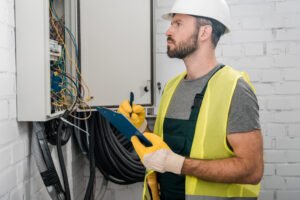
SafeTag: One Partner for All Your Electrical Safety Needs
At SafeTag, we don’t just check boxes—we help you stay genuinely safe. Our experienced team offers both Test & Tag and full-scale electrical inspections with the latest tools, efficient service, and transparent reporting.
When you choose SafeTag, you benefit from:
- Qualified professionals with real experience
- Up-to-date compliance with New Zealand safety standards
- Fast, reliable service that causes minimal disruption to your business or home
Whether you’re protecting staff, tenants, customers, or your own family, SafeTag helps you do it right.
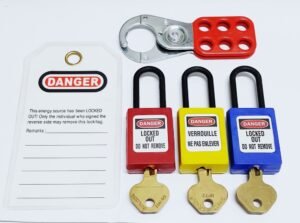
Conclusion: Clear Roles, Shared Goal—Your Safety
In summary, both Test & Tag and Electrical Inspections serve different—but equally important—purposes. They work hand in hand to reduce electrical risk, improve compliance, and create a safer environment for everyone.
Instead of waiting for a fault to cause downtime—or worse, an accident—take a proactive approach with SafeTag. Whether you need regular tagging or a full system inspection, we’ll make sure your setup meets the highest standards.
SafeTag – Your Safety Partner in New Zealand
Ensure workplace safety and compliance with SafeTag’s professional testing services. We offer certified solutions for Electrical Testing & Tagging, RCD Testing, Microwave Leakage Testing, and Portable Appliance Testing (PAT). Trust our experts for hassle-free, on-site service tailored to your business needs.

